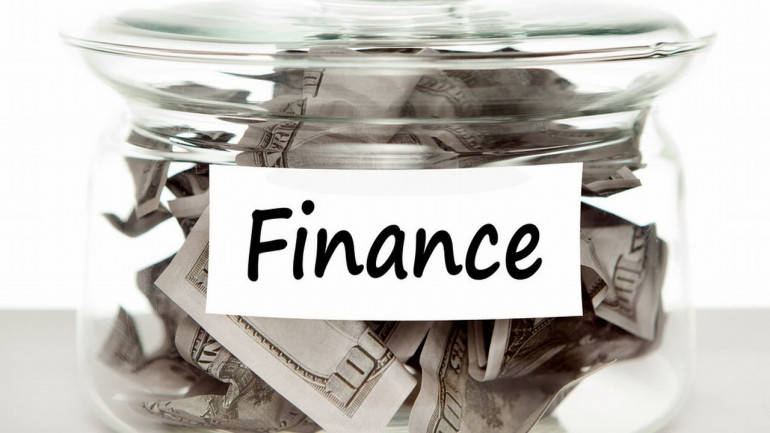You should diversify your savings and consider investing your money in various instruments available.
A year ago, demonetisation announcement by Prime Minister, Narendra Modi, came as a bolt out of the blue. The sudden announcement of phasing out of old Rs 500 and Rs 1000 notes upset the personal finances of virtually everyone in the country.
It took a while for most people to bring their family finances on a smooth tract again. The move forced many who were averse to digital financial transactions to learn how to make and receive payments on the various digital platforms.
A year down, Moneycontrol asked a clutch of personal finance experts on what lessons were learnt from demonetisation and how one should be prepared for any such sudden changes in the environment so as not to be caught on the wrong foot.
“Though steps like demonetisation are unlikely to be repeated in the future, the average individual has the benefit of hindsight and experience,” Anil Rego, Founder and CEO, Right Horizons said.
Rego listed out 6 things one must keep in mind to be prepared:
=> Don't keep high value notes at home or wallet. Use credit or debit cards to make most purchases.
=> Keep money in small value notes like Rs 10, 20 and Rs 50. These come very handy because demonetisation usually targets high value notes.
=> Use the credit system at shops or grocery during such phases if possible. This means you will not require to pay them immediately.
=> Keep digital wallet apps on your phone. Installing these apps will take care of cash outflow requirements if a sudden situation like demonetisation against happens.
=> Cut back on avoidable expenses during such periods. For instance, eating out, watching movies etc can wait for better times. The focus should be on conserving money during such a phase when liquidity is low.
=> Don't allow anybody to use your bank accounts or investment accounts for depositing ill-gotten wealth. Avoid such people even if they are relatives, friends or colleagues. You do not need to become a channel for turning ill-gotten wealth to white money. Even if they offer a cut, say no!
Archit Gupta, Founder & CEO ClearTax, advises diversifying savings into various instruments. “One must diversify one’s savings. Don't keep your money entirely in one form (like cash),” says Gupta.
Gupta’s other prescription include:
=> Invest surplus amounts: Use mutual funds to invest your savings that are lying idle in the bank account.
=> Opt for liquidity and flexibility: Choose investments that you can access and/or change any time you want.
=> Report income accurately: File income tax returns and honestly report the income you have earned.
Vishwajeet Parashar, Sr VP & Group Head, Marketing, Bajaj Capital, says domestic cash flow issues can arise even in situations other than demonetisation for which one should remain prepared. “When demonetisation happened, its immediate impact on people was that they become cashless overnight. However, you may face limitations regarding cash in various other situations too,” he said.
Parasher advises keeping savings in formal banking channels. “Keeping savings in home piggy banks is a very old practice amongst Indian families. These savings, even if the amount is small should be put in saving Bank accounts. In fact, going a step ahead, one can consider investing in liquid funds or debt mutual funds and reap returns out of their savings,” he said.
He also advises opting for cashless facility in health insurance plans. “You definitely won't like to take a chance with health needs of your family. Thus, having a health insurance with the cashless facility is very essential. It ensures that whether you are handy with cash or not, your family members will always have the hospitalisation and treatment facilities available to them at any hour of the day,” he said.















